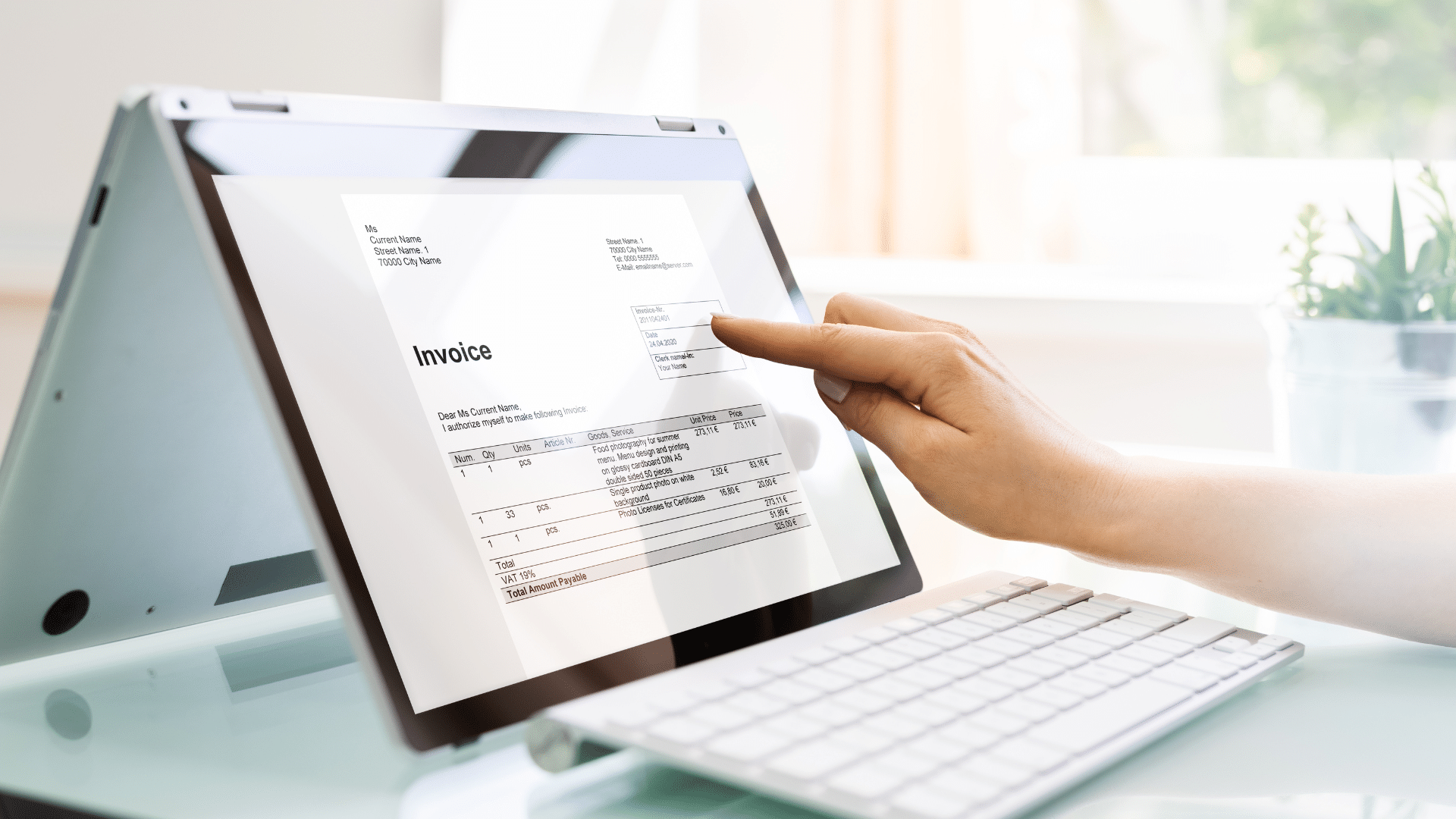All businesses, no matter how big or small, have some common problems. Take unpaid invoices, for instance. Even the biggest corporations often face the problem of unpaid dues.
But for a small business, this could be a major hurdle in your business’s growth journey. Unpaid dues often lead to cash crunches that could throw a wrench into your business operations and wreak havoc on your cash flows. But how does one ask customers to pay up without damaging professional ties?
Tips To Collect Unpaid Invoices
Before we delve into the various solutions to this peculiar problem, it’s important to note that the process to claim unpaid invoices often starts much before the actual delay occurs – by establishing a clear, consistent invoicing policy before you even enter a deal with new clients. Making it a habit to specify payment terms, due dates, and late fees in case of payment delays right from the beginning helps reduce the probability of unpaid invoices and supports your argument if such a thing ever occurs.
Send a Gentle Reminder:
More often, an unpaid invoice turns out to be merely an honest mistake of the client. As a small business owner yourself, you can understand how handling your business can sometimes overwhelm the owner or cause lapses in work. In such cases, all that is required is just a gentle reminder, and you’ll have the payment come through in no time – even apologetically at times. A friendly message or informal reminder during a chat can do the trick. Or maybe ask your client for a satisfaction review of your services and gently nudge the yet-to-be-cleared-invoice topic while discussing upcoming plans.
Find Out Why The Client Isn’t Paying:
If it isn’t a casual overlook, it could be a more serious problem your client is facing. Small businesses go through their share of ups and downs, and you never know if something is really wrong at the client’s end. It doesn’t hurt to try and find out what’s keeping them from paying up. Sometimes the client claims to have lost the invoice. It is much easier and quicker to send an updated invoice and solve the problem. There could also be a technical glitch in the case of online payments; it’s better to check that out at your end and ask the client to retry. In case of a genuine, major problem, you could mutually work out a solution and perhaps even allow them a little more time to clear their past invoices or revise the payments. While it might make things difficult for you in the short term, your thoughtfulness and support will help strengthen your ties further.
On the other hand, the reason could also be something entirely different. Maybe the client isn’t happy with your services or has a query regarding the invoice. In that case, you can resolve the matter at the earliest and settle the dues amicably.
Send a Firm Reminder:
While it’s imperative to maintain good professional ties with all your clients, there come situations when you have to pull up your socks and stand up for your rights. Despite all friendly and thoughtful reminders, it’s time to send a firm reminder if your client ignores your calls or emails. Make it crisp, firm and to the point. Set a final deadline for payment of the invoice and outline the consequences of the client’s failure to comply with your request – which could be in the form of late fees, interest on unpaid amounts, or suspension of services till past dues are cleared.
Escalate the Problem:
Once you send in the firm reminder, follow up on it till the client pays. If necessary, resend the original contract and the updated unpaid invoices to pressure the client into respecting the provisions of your deal. If they still do not pay up by the designated deadline, communicate to them that you will be forced to escalate the situation further.
Indeed, if it so happens, you might have to hire the services of a debt collection agency or take the client to the small claims court. While this might be recommended for small debts, you will still incur some expenses. If this fails, you might want to go legally to get your payment. However, consult a trusted legal expert or attorney before filing any case or taking other steps.
Asking a client to settle unpaid invoices is neither easy nor fun – but it is necessary. As a small business owner, your first responsibility lies toward your business, employees and other clients and customers who are loyal to you and depend on you. So, there is nothing wrong with asking for your rightful remuneration in exchange for timely and satisfactory services.
You can even create a process for invoice payments, recording, and follow-up, detailing how much time you should send a gentle reminder, make a casual call, and send a firm reminder. The process will only work when your books are updated with detailed records of when the payment was due and what all communication has happened, when and with whom. It will ensure there is no duplication in communication. A professional bookkeeper can help you set up the process and keep the records updated so you never miss out on invoice collection.
Contact Glenn Graydon Wright LLP in Oakville for your Bookkeeping and Business Advisory Needs
A professional bookkeeper can help you create a strong and efficient invoicing process. At Glenn Graydon Wright LLP, our skilled bookkeepers can provide services to support your invoicing and payments, whether you need partial or complete support. In addition, we can provide you with recommendations on record-keeping software best suited for your business. To learn more about how Glenn Graydon Wright LLP can provide you with bookkeeping expertise, contact us online or by telephone at 905-845-6633.
